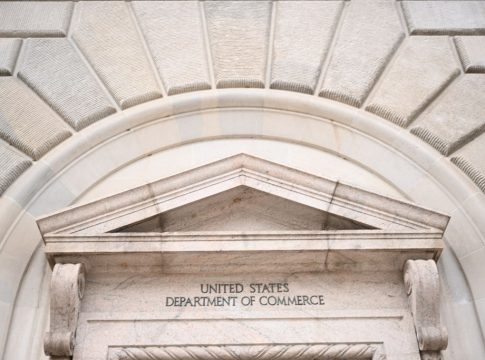New Era for AI Governance: Commerce Secretary Unveils Center for AI Standards and Innovation
In a significant shift in the federal approach to artificial intelligence oversight, Commerce Secretary Howard Lutnick has announced the transformation of the AI Safety Institute (AISI) into the newly branded Center for AI Standards and Innovation (CAISI). This rebranding signifies a clear pivot from a focus primarily on "safety" towards an ambition for rapid technological advancement.
Transitioning Focus
The newly established CAISI is designed to serve as a nexus between government regulation and industry innovation. Its primary mission remains strikingly similar to its predecessor’s: evaluating both the capabilities and vulnerabilities of emerging AI technologies. However, Lutnick’s statements indicate a more aggressive stance on innovation. He emphasized a commitment to enabling U.S. innovators to thrive, unfettered by what he terms "censorship and regulations masked as national security."
"For far too long, innovators have been constrained by outdated standards," Lutnick noted, highlighting an intent to foster a more supportive environment for AI development.
A Continuation of Core Functions
Despite the change in nomenclature and rhetoric, many core functions of the CAISI will mirror those of the AISI. The center will continue to engage with industry partners to develop best practices and guidelines for AI system security. Additionally, it will:
- Work on voluntary standards to promote industry accountability.
- Evaluate AI models to identify potential risks.
- Collaborate with other governmental agencies on evaluation and assessment.
This strategy aligns with ongoing efforts to ensure AI applications are both innovative and secure, providing a balanced approach to governance.
A Shifting Policy Landscape
This reformation comes at a time when the Trump administration is reshaping federal AI policies, including repealing earlier executive orders under President Biden. While the official AI Action Plan has yet to be released, the current changes signal a commitment to dramatically alter how AI governance is approached, particularly concerning commercial applications.
Implications for the Future
Combining innovation with security is no small feat, especially as businesses increasingly rely on AI technologies across sectors. The transition to CAISI could usher in a more robust environment for AI development while safeguarding national interests.
As we reach this pivotal moment in AI governance, businesses and technologists alike will be watching closely to see how these changes unfold and what they mean for the future of AI in the U.S. The balance between fostering creativity and maintaining security standards will likely shape the landscape of AI in the coming years, affecting how companies innovate and how consumers interact with this transformative technology.
With CAISI at the helm, the potential for exciting advancements in AI is palpable—but so too are the challenges that lie ahead.

Writes about personal finance, side hustles, gadgets, and tech innovation.
Bio: Priya specializes in making complex financial and tech topics easy to digest, with experience in fintech and consumer reviews.

